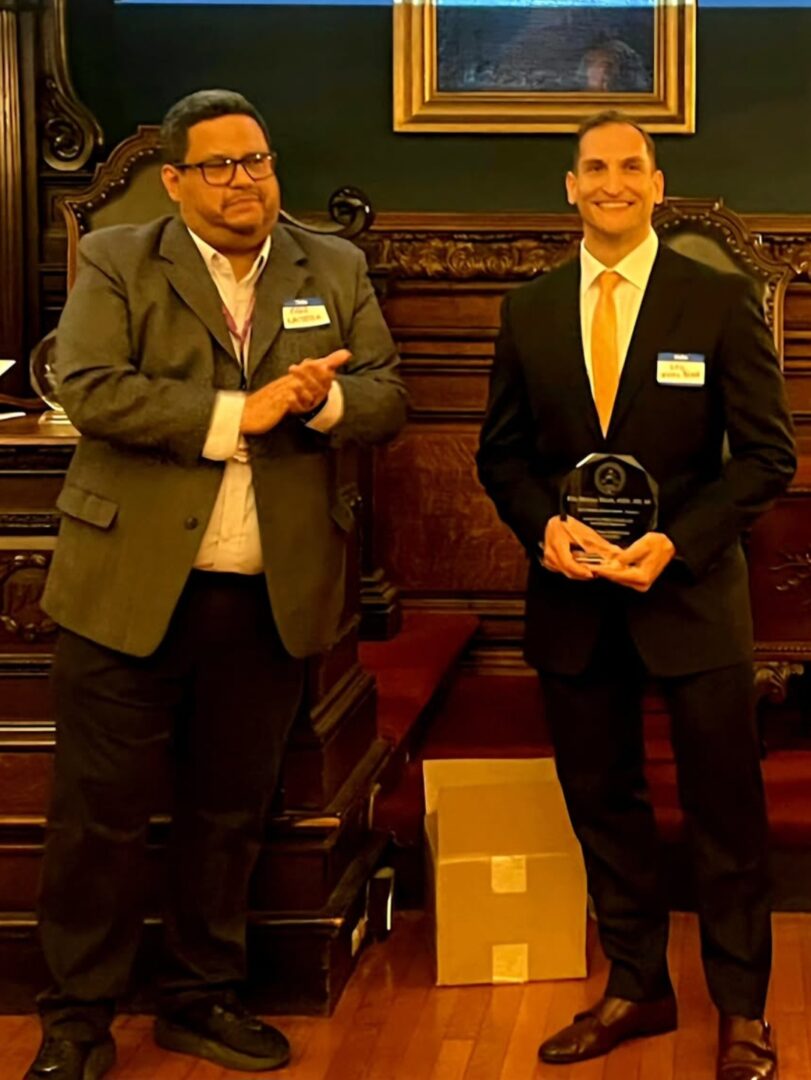We recently had the chance to connect with Eric Block and have shared our conversation below.
Hi Eric, thank you so much for joining us today. We’re thrilled to learn more about your journey, values and what you are currently working on. Let’s start with an ice breaker: What is a normal day like for you right now?
Currently, I am preparing for my board exam (RD) so the first half of my day begins with exam prep- material review and practice questions.
After exam prep, I spend the next several hours preparing my lecture notes for a graduate level Nutritional Biochemistry course at Temple University, facilitate an outpatient Diabetes Prevention Program class (Wednesdays), or go to the gym with my parents. 1:1 nutrition counseling via phone calls/texts keep me on my phone throughout the day as well.
Around 7p I will go to the gym with my girlfriend (when she gets home from work), and afterwards we make dinner and relax before bed.
Can you briefly introduce yourself and share what makes you or your brand unique?
My name is Eric Block and my brand is Body By Block. I co-lead a graduate-level Nutritional Biochemistry class at Temple University, facilitate outpatient diabetes and oncology-nutrition classes, am a private nutrition consultant, and personal train athletes and bodybuilders.
I am studying for my boards (RD) with the goal to achieve my RDN/LDN credentials.
Great, so let’s dive into your journey a bit more. Who taught you the most about work?
Through leading by example, my parents taught me how to work hard. My mom holds herself to the highest standard regardless of the endeavor and how others act. Both of my parents enabled me to pursue my passion and develop my brand.
What fear has held you back the most in your life?
The fear of failing. Sometimes, I want the result to be perfect and anything less, I consider to be a failure. There have been times when the fear of failure held me back from putting myself out there due to a feeling of “not being ready” or the result not being good enough.
Sure, so let’s go deeper into your values and how you think. What are the biggest lies your industry tells itself?
The ratio of calories in:calories out, because calories are the same regardless of the food source is the way to lose fat, gain muscle, and maintain overall wellness.
The short summary is, calories are a unit of energy while body weight is a unit of mass. Energy cannot be set equal to units of mass. This common misconception is why so many people plateau and struggle with weight management today. If more people understood food and the inflammatory process- certain foods combat the inflammatory response and in doing so expedite fat oxidation processes and pathways, while up-regulating muscle building and immune-supporting mechanisms which make weight management and energy expenditure more manageable and less stressful.
Okay, so let’s keep going with one more question that means a lot to us: Are you doing what you were born to do—or what you were told to do?
I am doing what I was born to do. My passion is the biochemistry of food- learning about it, teaching it, and using it to promote health, longevity, well-being, and combat disease.I believe in my soul, that food is medicine- I want to change lives for the better and prove there is a better way to approach health than what is currently practiced mainstream.
Contact Info:
- Instagram: Bodybyblock
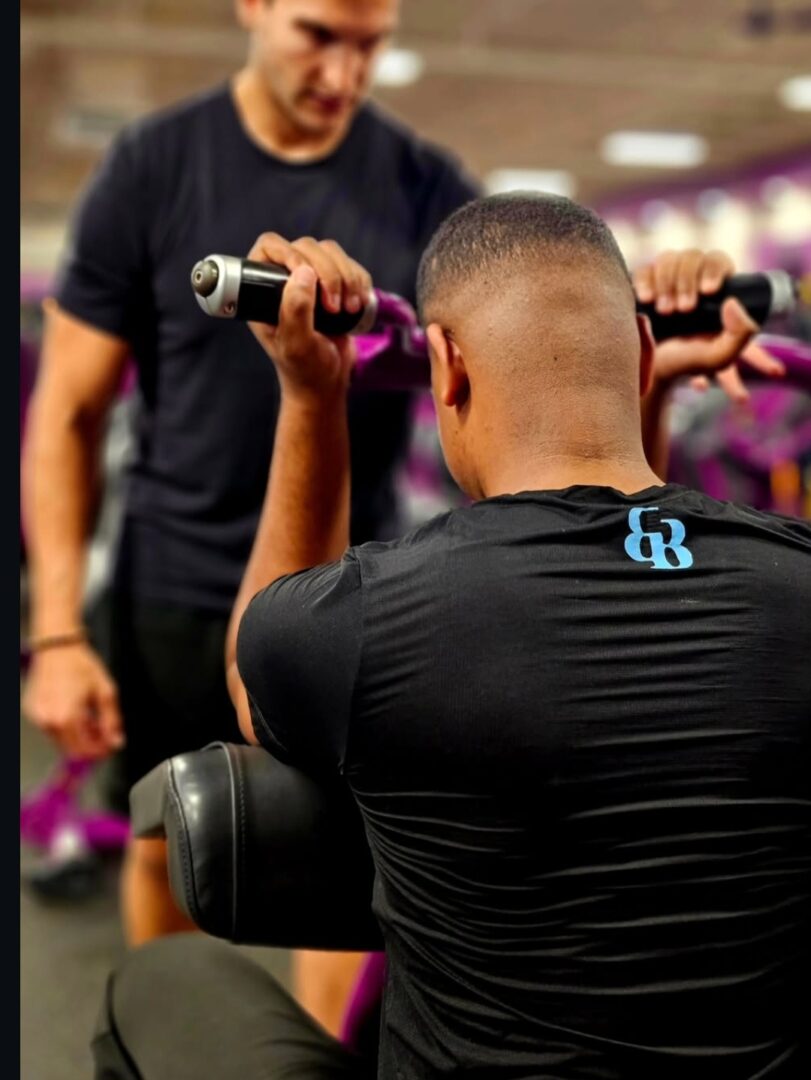
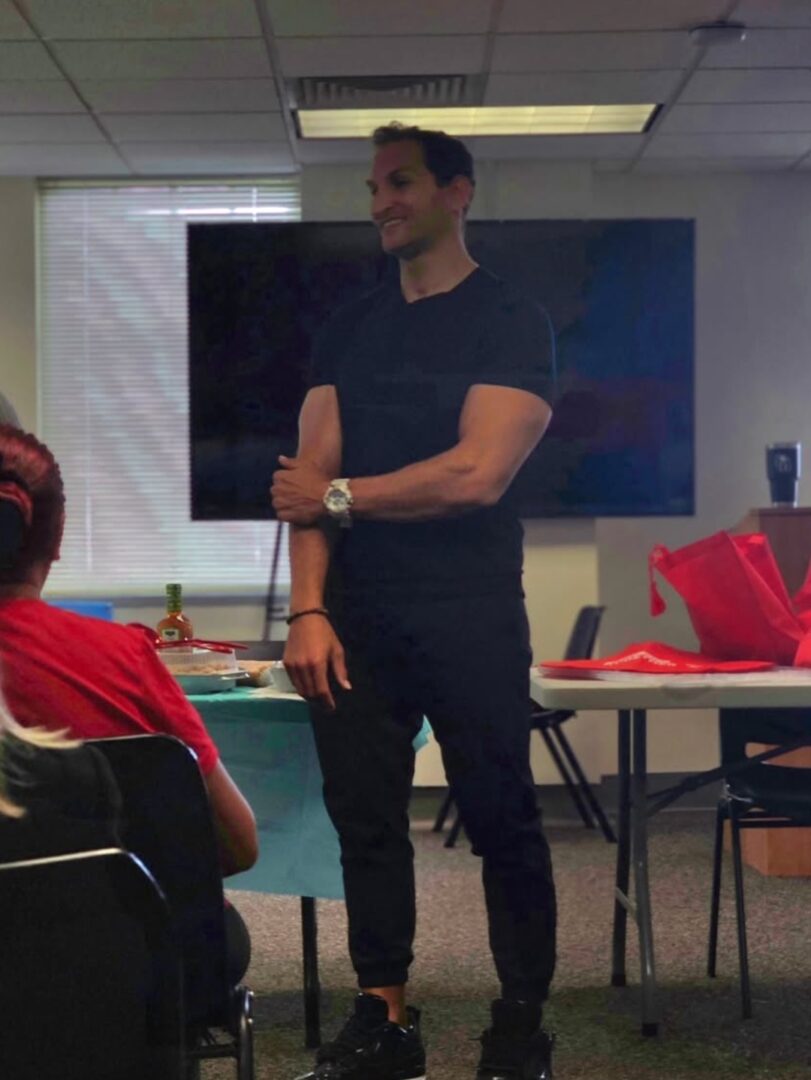
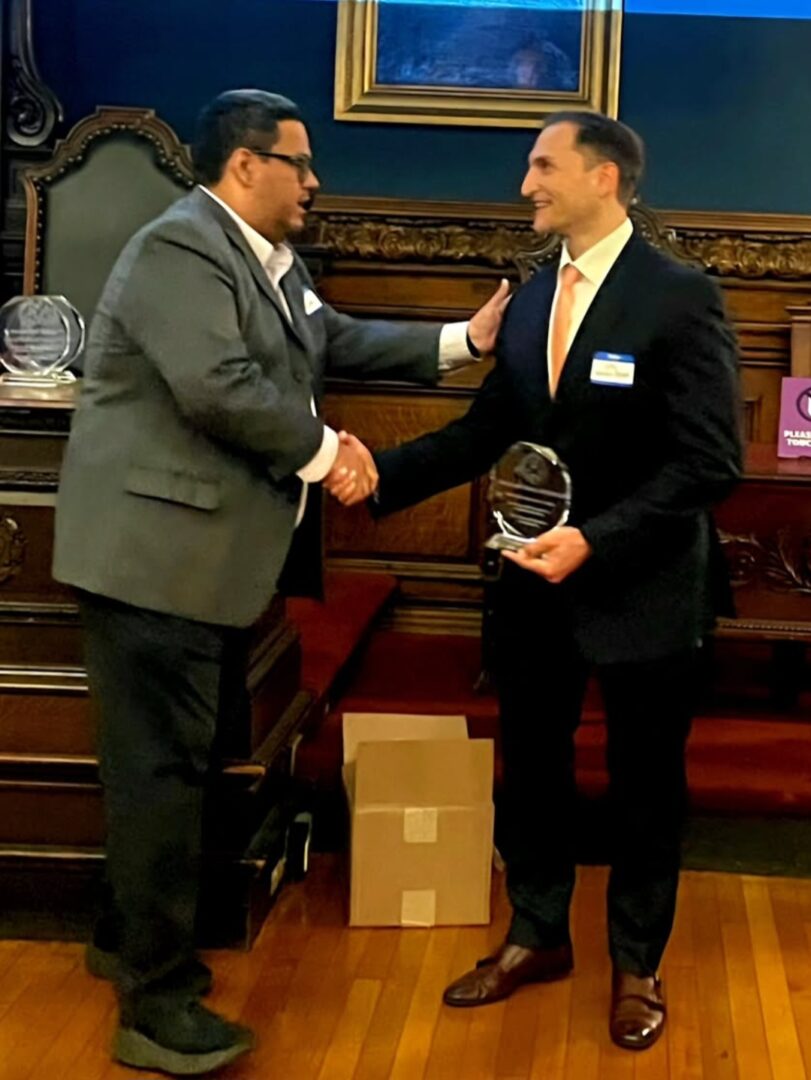
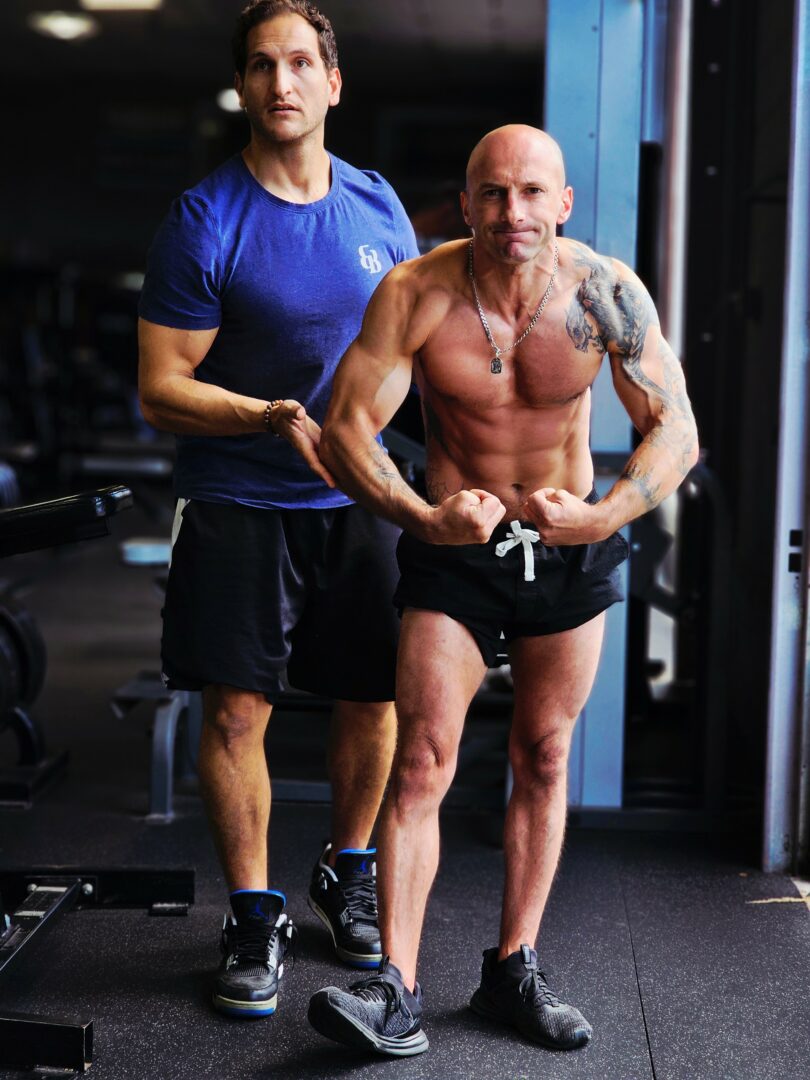
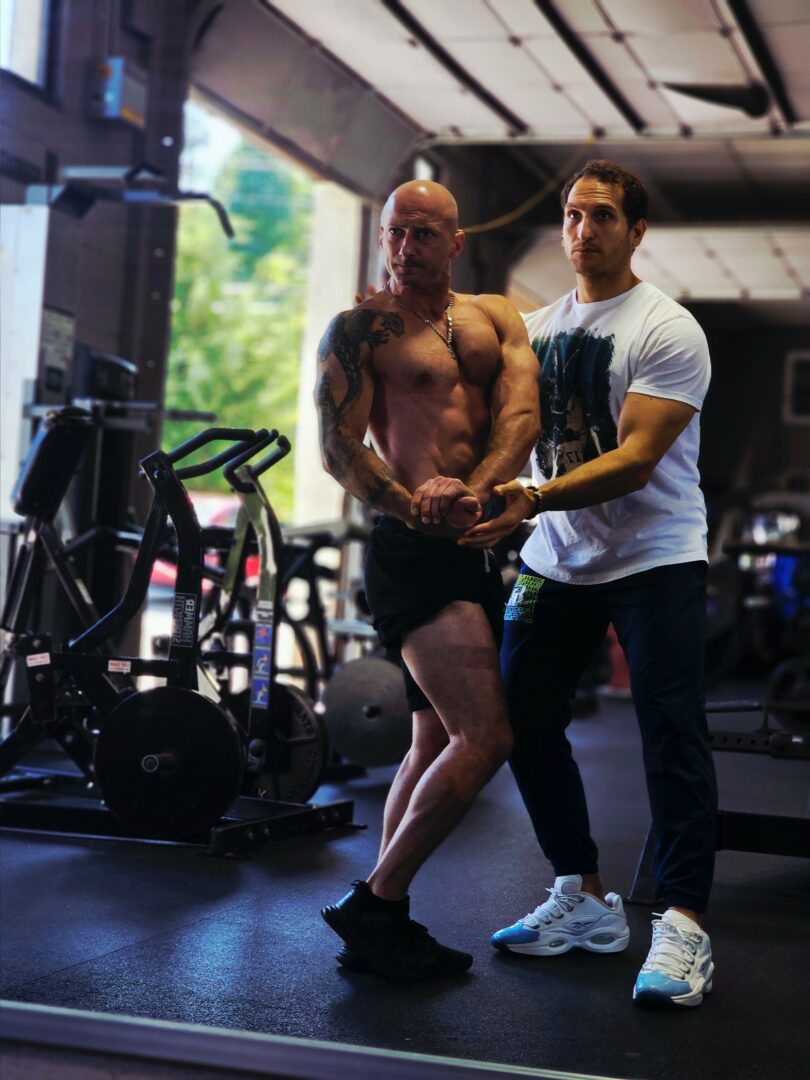
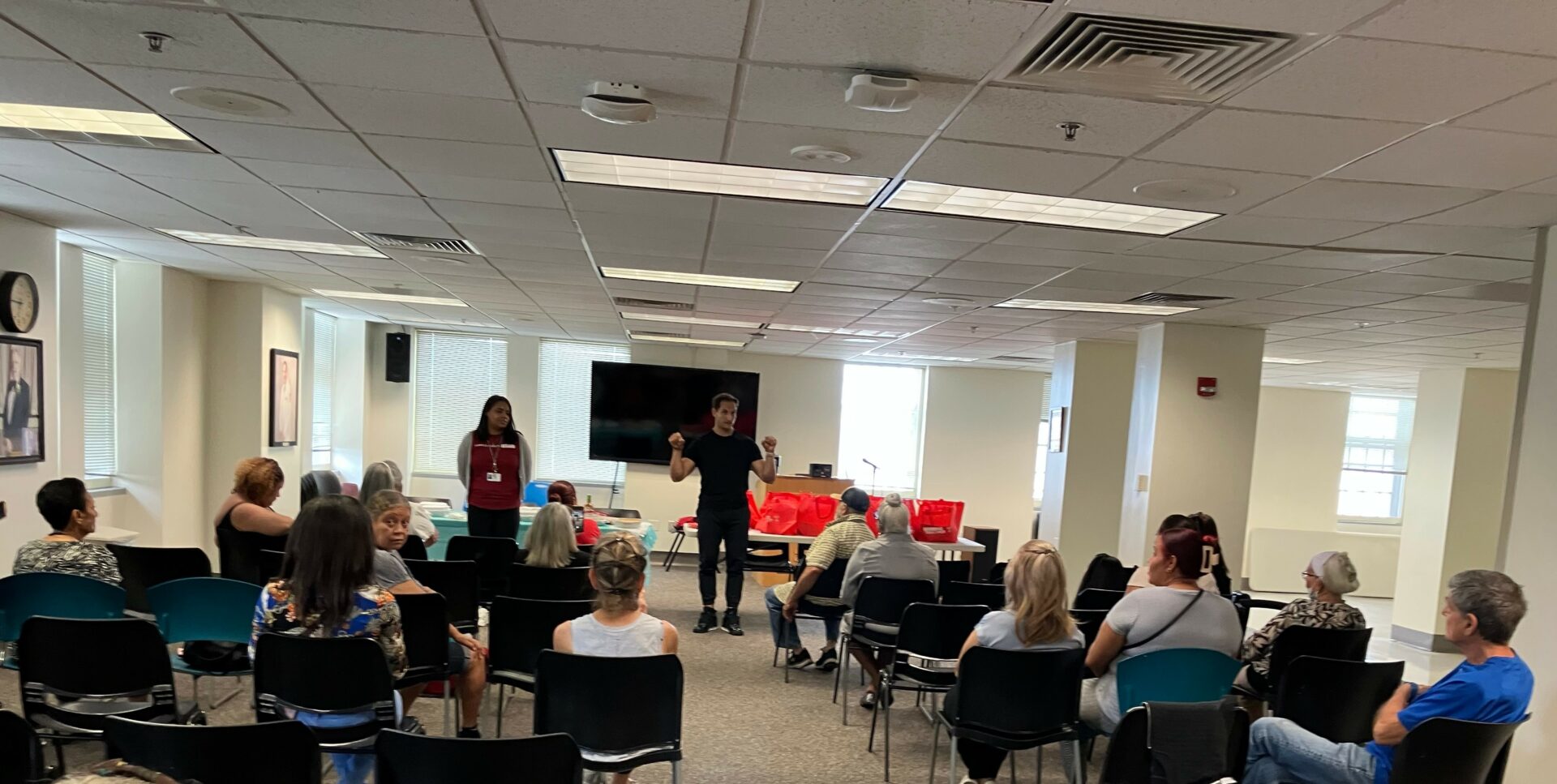
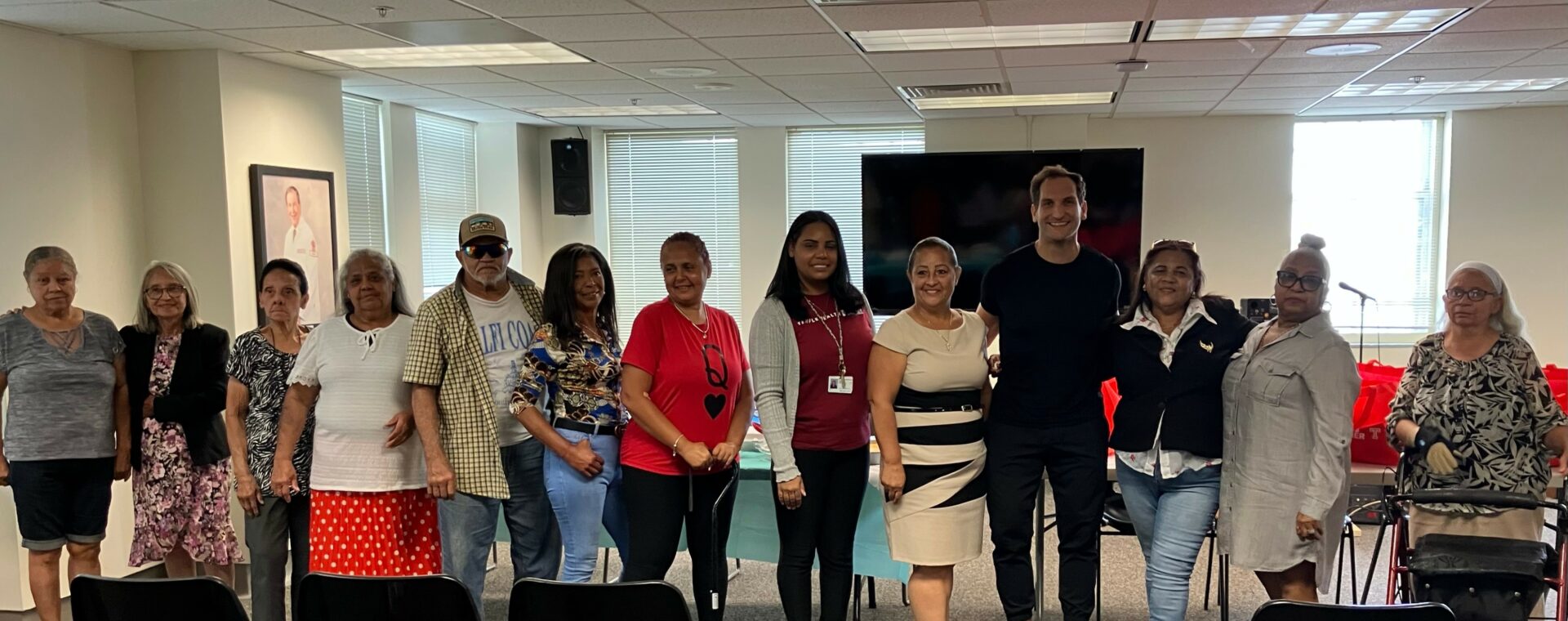
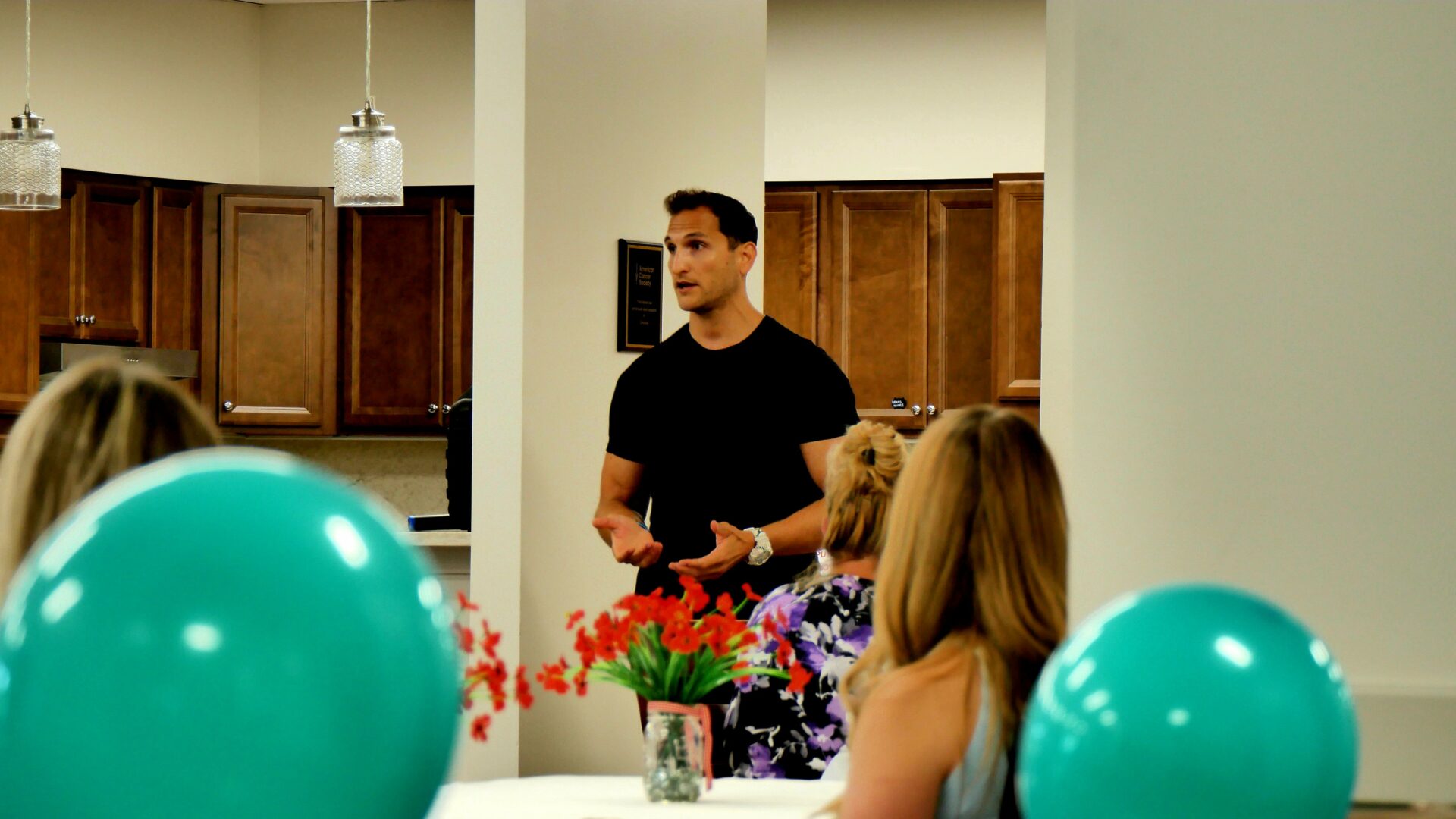
Image Credits
I own all of the rights to the photos.
so if you or someone you know deserves recognition please let us know here.

